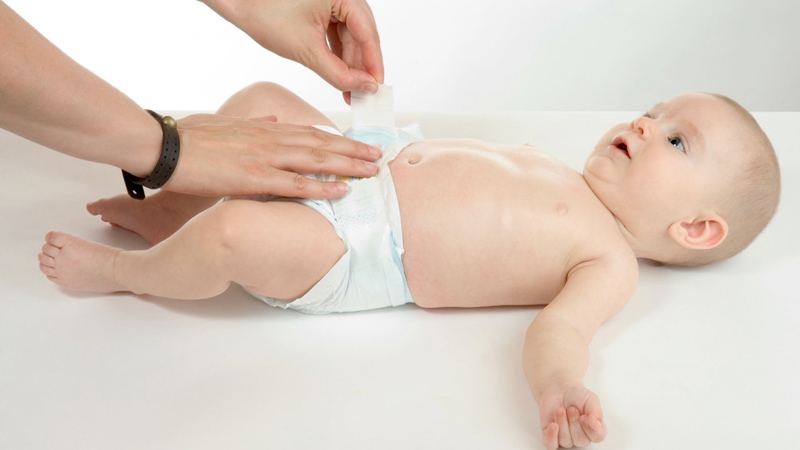Ways on How to Treat Diarrhea in Infants
Most mothers are stressed out if they see their baby suffering from any form of minor medical condition- from fever to cough even up to diarrhea. As a mother, you should know what causes these conditions and you should know what are the first signs or symptoms that may appear in your baby. Knowing what causes these conditions will help you prevent them from happening in the first place.
In cases of diarrhea in infants, it is important to know how to treat diarrhea in your babies because untreated diarrhea can lead to a more sever condition such as dehydration, which can be sometimes fatal to infants. Here are some ways on how to treat diarrhea in infants.
Infants with diarrhea would usually have more than the usual amount of stools per day. For some infants, they can pass out 5 stools per day, but if your baby pass out more than the normal stools he or she pass out every day, it may be a sign that your baby has diarrhea.
Aside from the change of the infant’s bowel movement pattern, it is also important to note for the consistency of the stool. Normally, infants’ stools are soft, but it can be watery if the infants has diarrhea.
At times, the cause of an infant having diarrhea is due to his or her intake. But since they are infants, they only rely on formula milk or breast milk; therefore it is much of an advantage to give them breast milk, instead.
As a mother, you should also take note of what you are eating because part of what you eat, is also taken by the infant. Infants with diarrhea would also have changes in the skin. The skin will turn out to be dry and pale.

Therefore, as a mother, it is a very important job to be keen on your baby. A slight change in the color or texture of the baby’s skin can indicate that something is not right.
The only way on how to treat diarrhea and prevent further complication is by replacing all the water and electrolytes lost during passing out of watery stools. Hydrate the infant with milk or water most of the time. Take note of the amount of fluids the infant has lost and replace them volume per volume.
Increase the fluid intake of the infants as to prevent dehydration that may lead to more serious complication. One way to check if the infant is dehydrated is by pinching the skin on their stomach. If the skin goes back slowly, more than 3 seconds, it is an indication that your baby may be dehydrated.
Monitor the infant closely for any symptoms such as fever or cough. Once these symptoms are present, it is best to consult a pediatrician as to be sure of what the condition of the infant is. For server dehydration due to diarrhea, the physicians would need to insert an intravenous line to replace the fluids lost by the infant.




